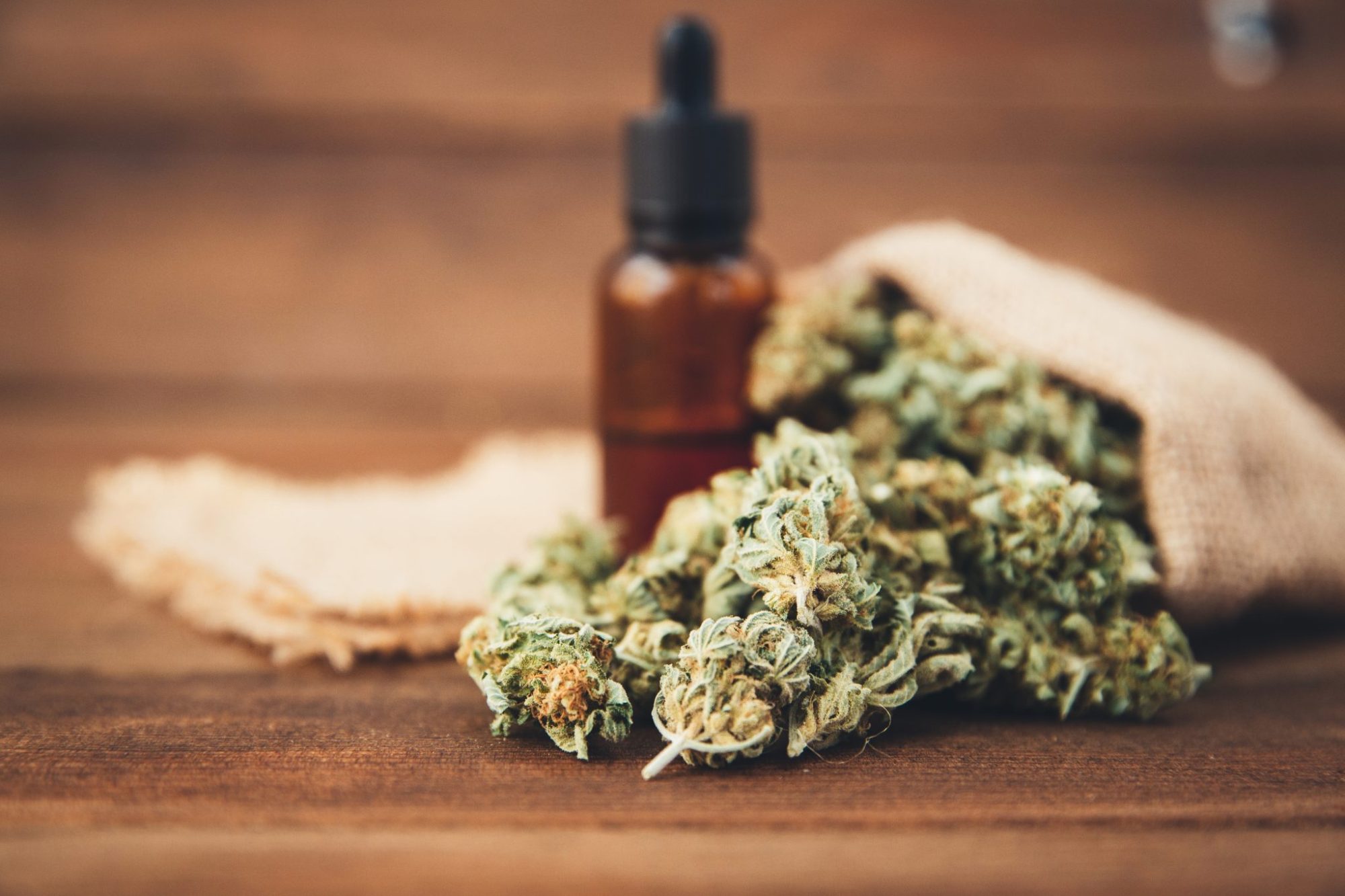(Check out our other articles on CBD oil and fighters / MMA athletes / jiu jitsu people)
Bloody Elbow recently posted an article detailing the latest news on CBD oil for MMA fighters. The news is also relevant to jiu jitsu athletes who are interested in CBD oil.
Quoted from the article:
Current status
Right now, CBD (cannibidiol) is prohibited in-competition under the 2017 WADA (World anti-doping agency) prohibited list. For you UFC fighters, this means CBD and its metabolites must not be detectable in any sample given from noon on weigh-in day until your post fight test (or one hour after the event if you are not selected for testing).
Future status
As of January 1st, 2018, CBD will no longer feature on the WADA prohibited list. This means USADA will no longer be looking for evidence of CBD use or punishing athletes found to be using CBD, either in or out of competition.
Marijuana
Weed is still banned. The test for marijuana use looks for metabolites of the psychoactive component in marijuana, THC. THC (tetrahydrocannabinol) remains on the WADA prohibited list in-competition when detected at quantities over 150ng/mL in urine.
The amount of THC detectable in urine depends on a large variety of factors, from the strength of the marijuana, to how much was used, to when it was used, and even what form it was taken in and a person’s unique biology. Generally speaking, someone who is a casual smoker and stops a week before fight time won’t breach this threshold, but that’s not a guarantee.
In other words, the rules around marijuana haven’t changed and will still be the same in 2018.
CBD Oil
CBD isn’t just found in weed, it’s also increasingly popular as an individual extract, one which is currently being researched for medicinal uses. CBD oil can be found for sale, often with claims to treat all manner of issues. The actual research basis for most of these claims is thin at best, but some people swear by its effects and many athletes use it for its alleged pain relieving properties.
Several studies have shown promise when it comes to the use of CBD for pain relief, especially for chronic pain. Most studies utilize formations of CBD which also contain THC, however, but the FDA hasn’t licensed CBD or THC for use as a painkiller at this time.
Supplementation risks
The creation of CBD oil or CBD supplements involved extracting the CBD from plants containing THC. In some cases, the source is a specific strain of cannabis called hemp, which has minimal amounts of THC, but various other strains of cannabis, some extremely high in THC, can also be used to make CBD formulations.
As there’s no real oversight into exactly how much THC is making it into CBD preparations, using CBD oil or a supplement purporting to contain CBD close to the in-competition period would be a risky move. If there is more THC than expected in the preparation, you could fail your drug test for THC metabolites, which remain banned in 2018.
USADA will be updating the athlete handbook provided to all fighters, as well as offering further guidance via their website, ufc.usada.org, over the next few months to reflect the upcoming changes.
USADA statement
USADA provided Bloody Elbow with the following statement regarding the changes:
“USADA’s role is to help educate athletes and coaches about WADA’s Prohibited List. It’s imperative that each athlete understands the ramifications of changes to the List and how testing affects an athlete. In our role as administrator of the UFC’s Anti-Doping Policy, we will continue to educate athletes on changes to the List, through our resources that we provide to UFC athletes, trainers and management.
The UFC’s Anti-Doping Policy is modeled on the World Anti-Doping Code, which represents the consensus of a broad spectrum of stakeholders around the world as to what is necessary to protect and ensure fair sport.
Changes to the prohibited list will be effective starting January 1, 2018.”
